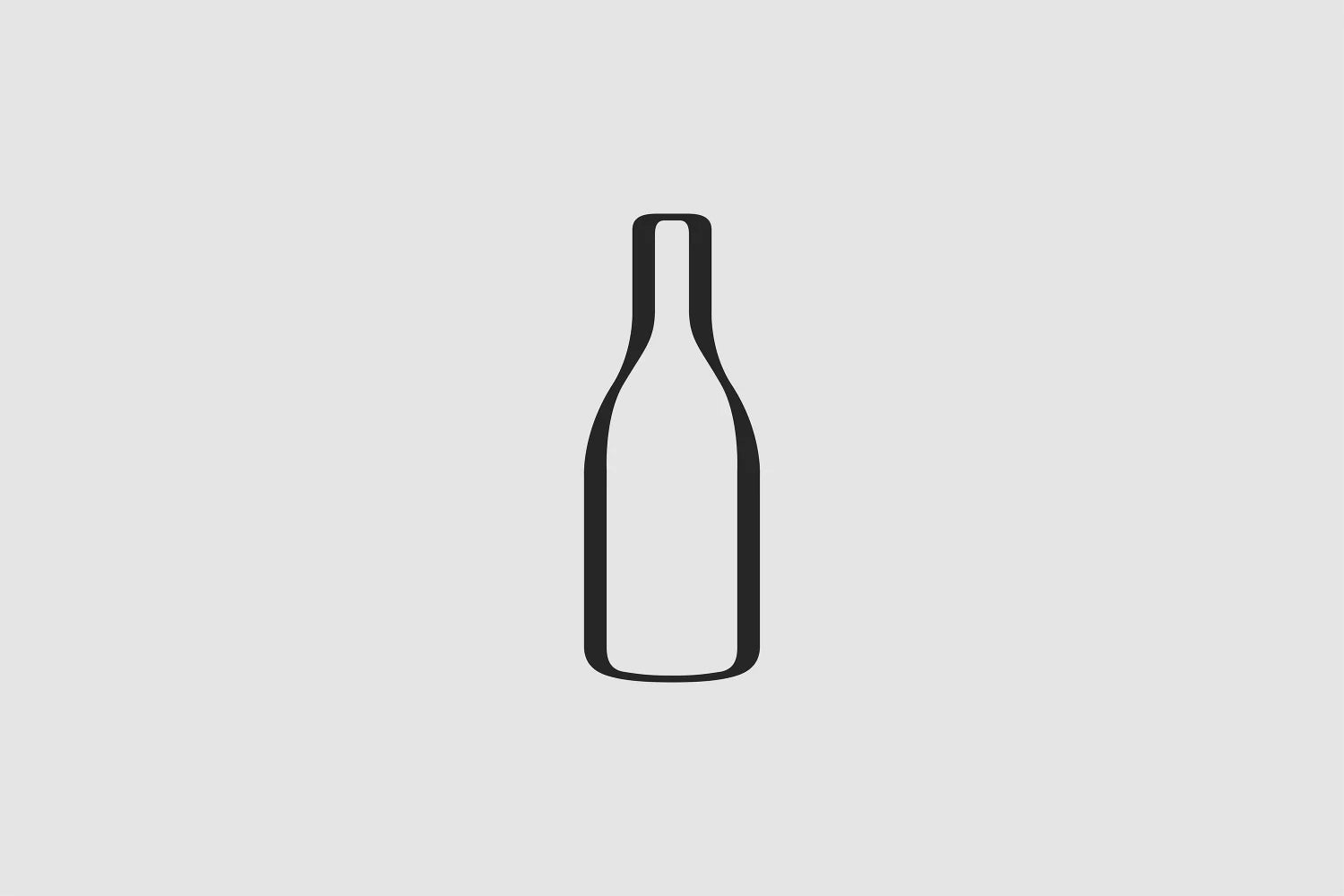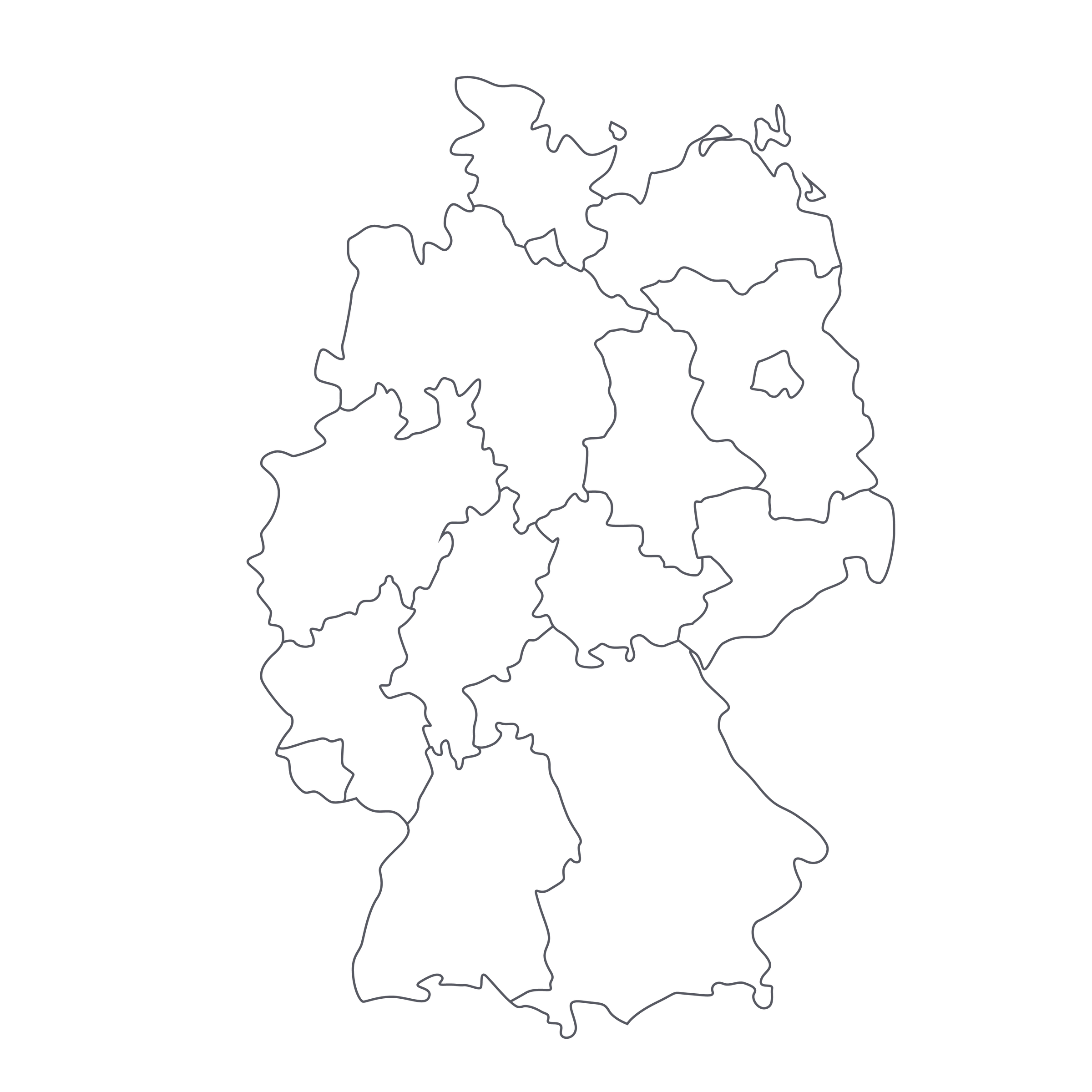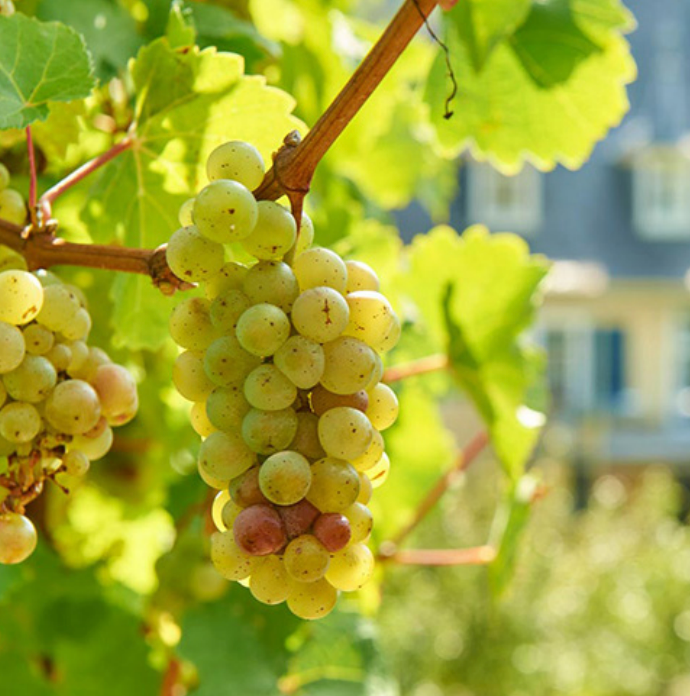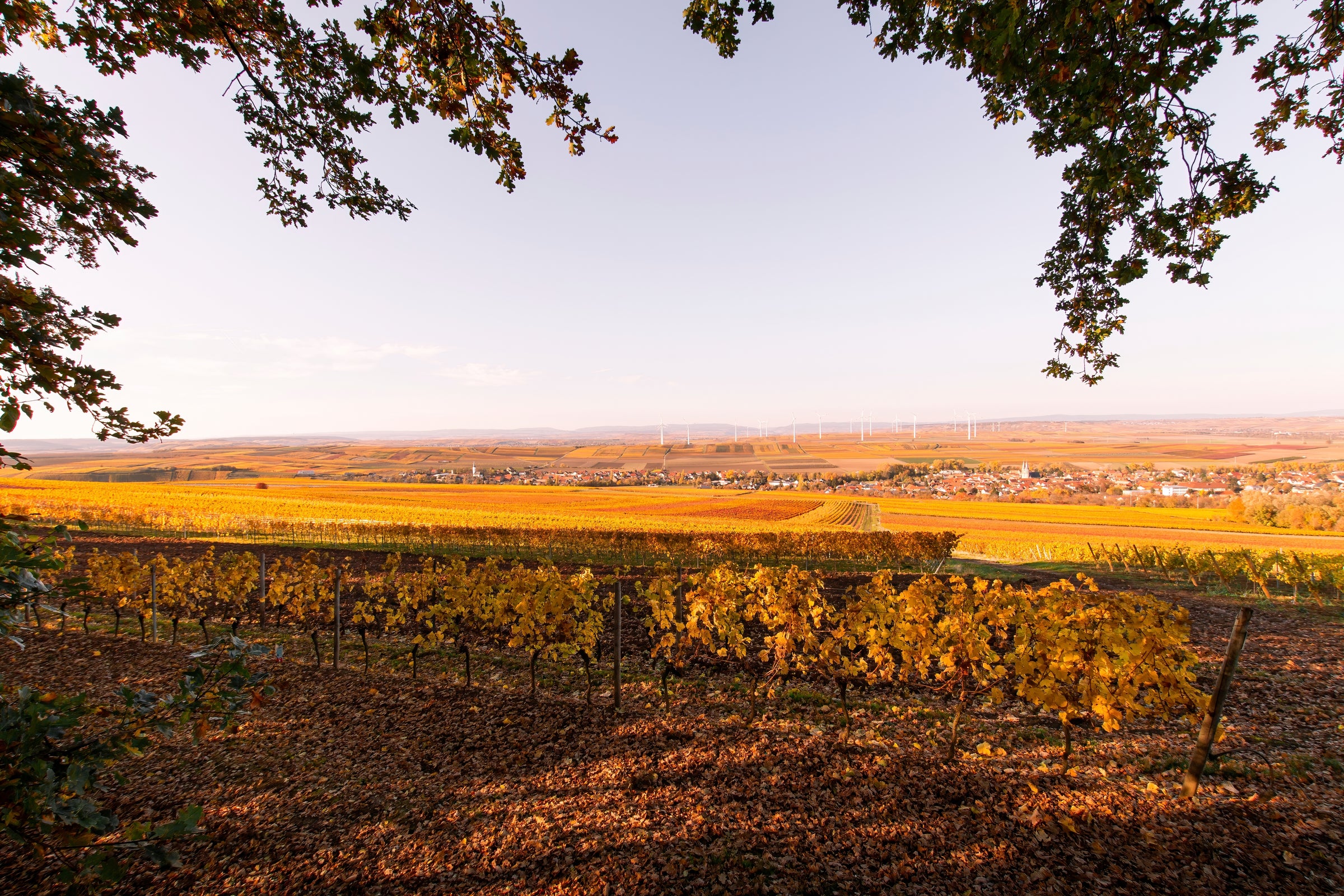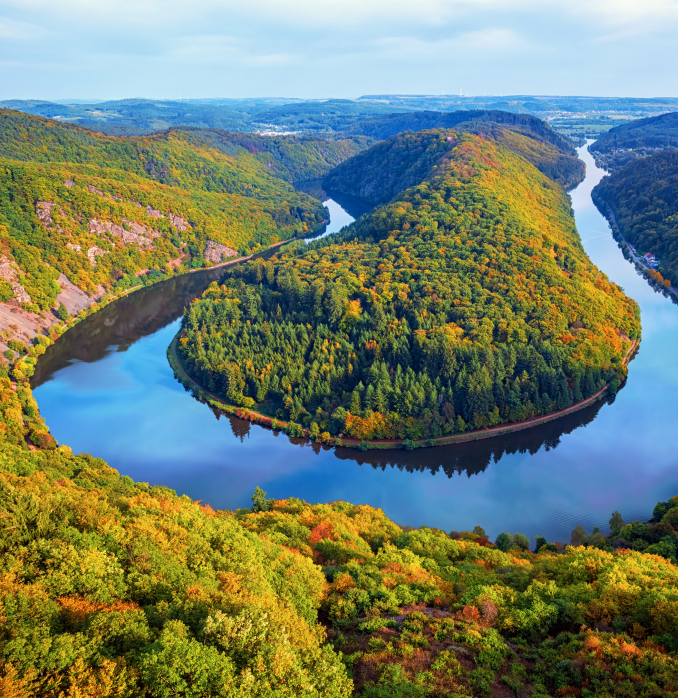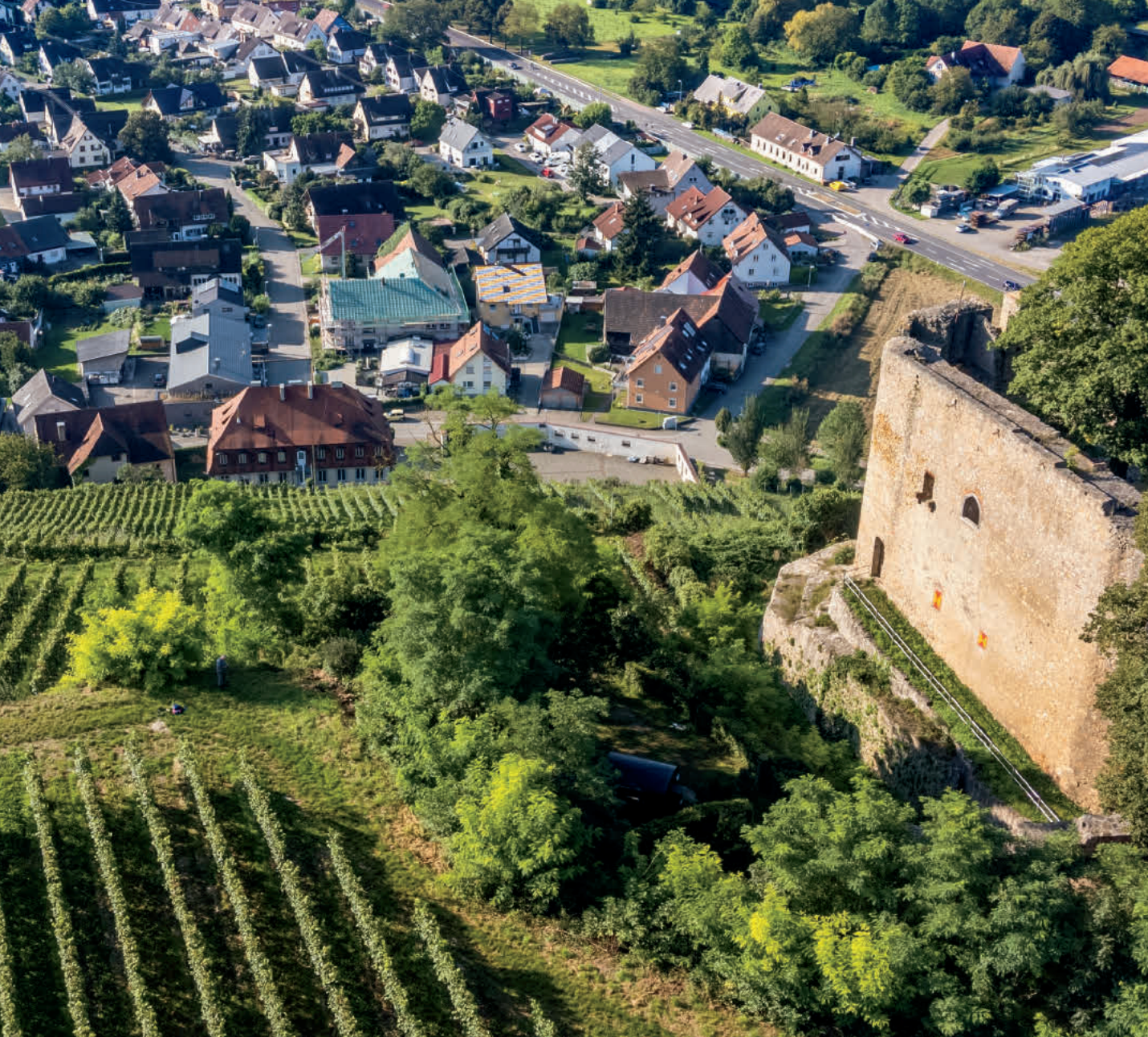Karthäuserhof is one of the world’s most admired and historic estates, and that’s not conjecture: In their small river town of Eitelsbach, hillside vines have been cultivated for 800 years and the estate itself has been in the wine business since the 1300s. Karthäuserhof is, quite simply, a German Riesling master—crafting wines shot through with scintillating acidity and intersecting slate minerality. Another flavor experience like this you will not find.
As a result, we constantly name-drop this esteemed producer and offer their wines whenever the opportunity presents itself. Several months ago, their importer offered us an exclusive bottle that had never once touched American soil. Today’s 2013 “Schieferkristall” is a dry Riesling from their Grand Cru “Karthäuserhofberg”
monopole (single vineyard, single owner). The wine’s multiple dimensions of zippy, high-toned flavors finish with a beautiful stroke of delicate ripeness—we were instantly hooked. We wanted to buy everything possible! That, of course, amounted to just 24 cases, all of which were still resting in the Karthäuserhof’s cellar. But after three months of waiting, the small shipment has arrived. Whatever we don’t sell will get snatched up by a few restaurants, who are ready to take full advantage if the opportunity arises. Let’s make sure that doesn’t happen!
You’ll find Karthäuserhofberg deep in the heart of the Mosel, perched along the Ruwer River just before it intersects with the iconic Mosel. Peppered with ancient trees and an impressive manor house, the lay of the land here feels sequestered from the frenetic rush of modern day. Karthäuserhof translates to “Farm of the Carthusians” and its rich history dates to the 13th century when the farm was gifted to a group of monks that converted it into a winegrowing estate. It remained like this for nearly 470 years until it was secularized by Napoleon. More recently, however, the past six generations of winemaking have belonged to the same family, with legendary Christoph Tyrell (a ‘Winemaker of the Year’ winner) guiding the operations since 1986, although he technically handed over the key to his cousin Albert Behler in 2012.
As with any dynasty, rumors and intrigue abound. One such tale surrounds the bottle’s label, which sits high on the neck. Although unconfirmed, legend has it that a previous steward of the estate had an affair with a woman upriver. They would picnic and sunbathe along the banks while their wine stayed cool in the water. The river would inevitably wash away the labels, which would float downstream and cling to rocks beneath the Karthäuserhof estate. The gentleman’s wife asked him why their labels were washing ashore, and he promptly changed the location of the labels to the neck of the bottles. This allowed the tryst to continue unscathed, as the bottles could now chill in the river without the label being affected. Whether this story is true, one thing is certain: This wine is a living, breathing capsule of history, lineage, and more than its fair share of magic.
Most unique is their continuous 17-hectare monopole, Karthäuserhofberg. Seeing as it is adjacent to the estate, this allows the small team more control over the growing and harvesting process. A relatively recent (and taxing) adjustment was the decision to remove every third row of vines, which increased air flow and sun exposure. And although they lost a large number of vines, this decision ultimately yielded a better crop. With most vines on their original rootstock, they are sunk deep in sharply inclined hillsides filled with Devonian slate and iron. Organic farming is practiced, and, instead of pesticides, pheromones are used in order to keep insects at bay. Post-harvest, as many as 60 different batches of grapes are vinified separately in enameled stainless steel tanks and a final blend is created before a brief respite in their vaulted stone cellars. Though alcohol is light at around 10%, the wine only carries 7.7 grams of residual sugar—that’s the equivalent of a moderately-dosed “Brut” Champagne.
In the glass, Karthäuserhof’s 2013 “Schieferkristall” (‘slate crystal’) reveals a vibrant straw-yellow with hints of green that expertly conceal its maturity. This is for those who want a white wine with character, for die-hard Riesling fanatics, for those still searching for a bottle that will change their perception of a grape and/or region. After a 15-minute decant (to shed a bit of nervous energy), the wine unfurls with an intense flurry of white peach, lemon blossoms, green mango, kiwi, kaffir lime, Granny Smith apple skin, honeysuckle, river stones, crushed slate..honestly, it may be worth jotting down because the aromas don’t let up. As this is designated trocken, by law the residual sugar cannot exceed nine grams. “Schieferkristall” comes in under eight, though once the wine hits your palate with its lightning-like acidity, high-toned citrus flavors, and mouthwatering minerality, the touch of sugar is hardly noticeable, although I appreciate its presence—without it, this Riesling wouldn’t be complete! This wine will be celebrating its sixth birthday soon, so it is perfectly ready to consume now (around 50-55 degrees in all-purpose stems), but you can certainly hold onto several! I see it evolving over the next decade, gaining more complexity and savory undertones with each passing year. Karthäuserhof’s wines are true chameleons when it comes to food pairings, but they truly dazzle with Thai, Cantonese, Laotian, and Vietnamese food. Try out the attached glazed pork vermicelli bowl for quick yet amazing results. Cheers!
